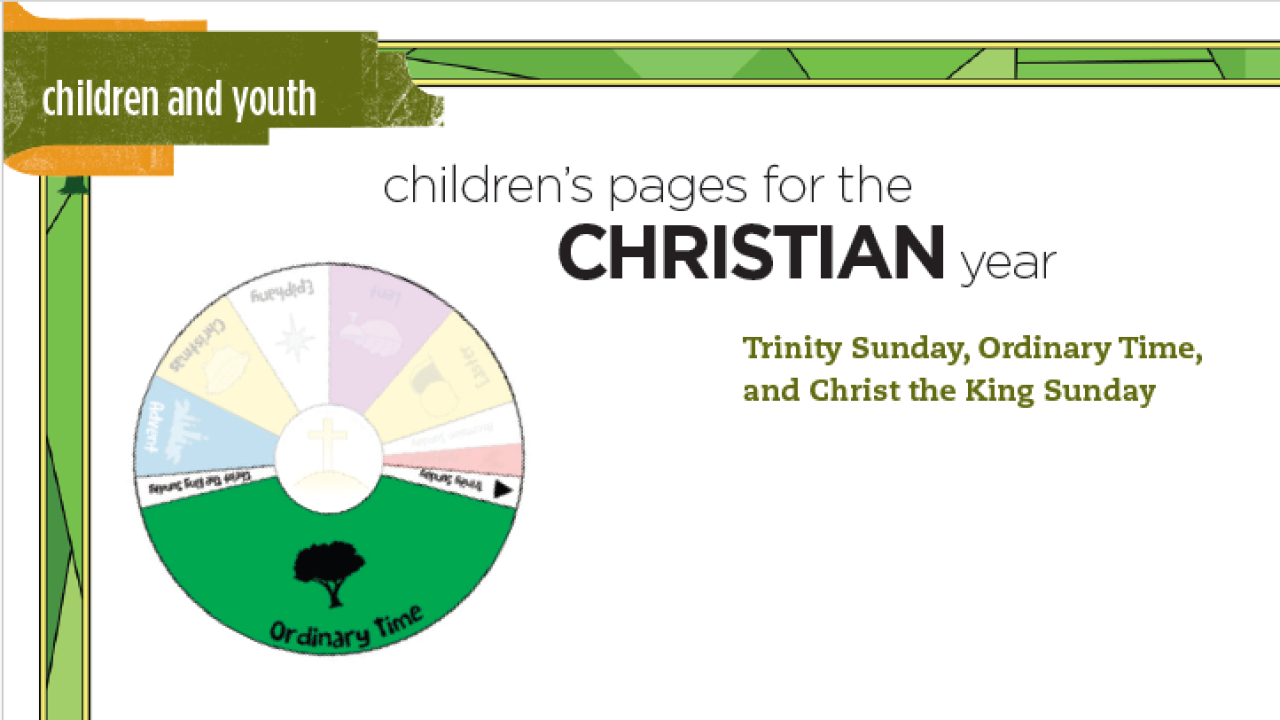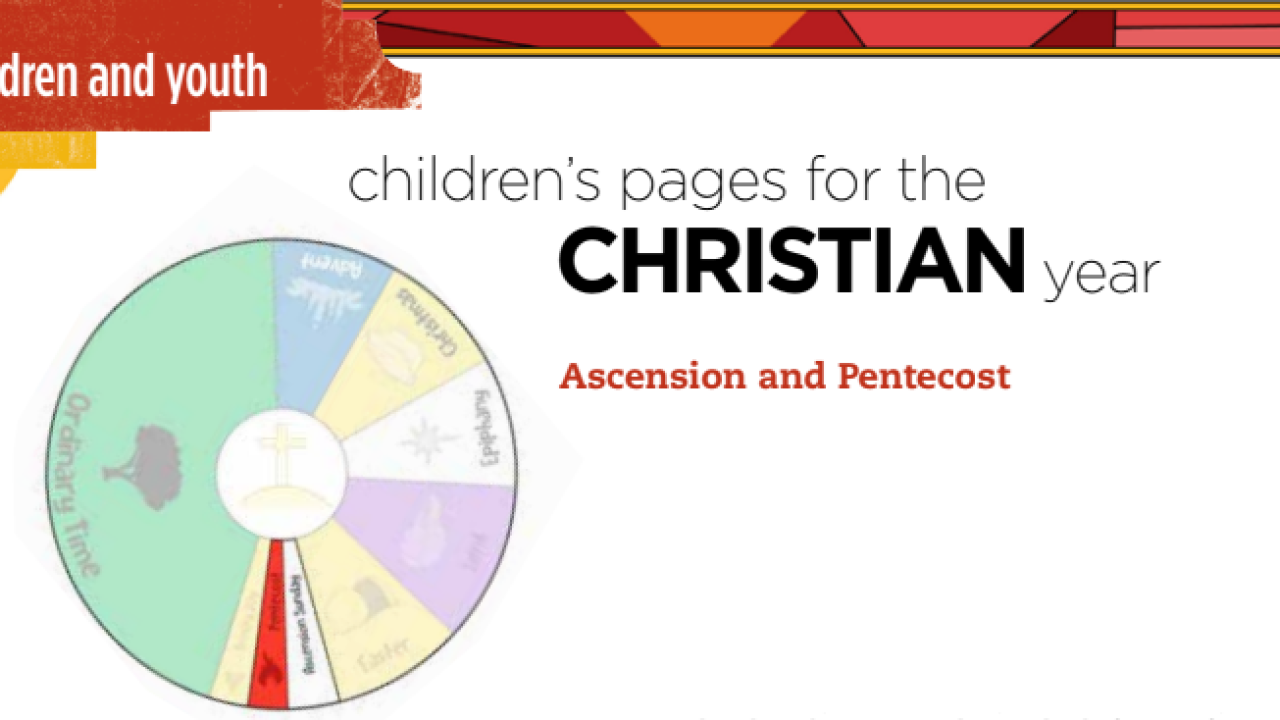Dear Storyteller,
This is a letter to the high school theater kid who loves to be on stage, to the grandfather who spins better yarns than Rumpelstiltskin, to the mother who does all the voices when reading the bedtime story, and to the pastor called to bring the gospel each Sunday. This is a letter to the storytellers of the church, and I want to start by telling you my story.
I remember standing as a young wife in the sanctuary of the church my husband and I first attended as a married couple. This was the place that would nurture, train, and love us well through seminary, through our first years of marriage, and through the birth of our first child, but I had walked through the doors that morning uncertain of how the wife of a seminary student should break it to her husband that she isn’t sure she wants much to do with church anymore. After growing up in the church, I had come away with a deep respect for but little familiarity with the Bible. I read the Bible devotionally on and off over the years, but it wasn’t until college that someone took the time to explain to me the shape of the story of Scripture. At that point, my new relationship with Scripture was mostly intellectual; I had not yet begun to love the story of Scripture, much less to understand it as my own story.
But this Sunday in our new church, all that changed. I don’t remember anything specific about the sermon, but I remember crying as the pastor spoke about Jesus in a way I had never heard a pastor speak about Jesus. On this Sunday—and for many Sundays afterward—God’s story began to sink deeply into my heart. I remember listening to the pastor and thinking, If this is who Jesus is, I want to follow him. In the years that followed, I began not just to know the story of Scripture, but to love it, to see my own story as a part of it, and to look for ways to continue to tell this story to myself over and over again.
In fact, this experience is the reason I am in children’s ministry. Many of us who minister with children did not set out to do so, yet we somehow found ourselves gently led, coaxed, or even bribed into the positions we currently hold, volunteer or otherwise. Whatever journey we took to get here, we all share a deep desire for children to come to know Jesus and his deep love for them. We want children to know and love the truth of the gospel, and as they mature we long for them to grow into their faith rather than out of it.
But those who minister to children face many challenges, not least of which is that in formal ministry settings we often have just one or two hours a week to spend on the spiritual nurture of children. Curriculum publishers offer a host of ideas about what churches should prioritize in those hours: teaching moral lessons that (one hopes) lead to good behavior, making it the most exciting hour of the week, giving adults time away from their children so they can focus on worship, or emphasizing memorization and knowledge attainment. When these conflicting messages are mixed with the expectations of the staff and parents in your congregation, things can get overwhelming pretty quickly.
Singer-songwriter Andrew Peterson says, “If you want someone to know the truth, tell them. If you want someone to love the truth, tell them a story.” So, storyteller, this is your encouragement, your permission slip, your duty: tell the children in your church the stories of Scripture. Give them the most beautiful, true, and wonderful story in the whole world. Give it to them over and over. Every time you tell them one of the little stories in Scripture, remind them of how it fits into the larger story of Scripture: the story of how God made a good world, how sin broke that world, how Jesus rescued the world from sin, Satan, and death, and how God will one day make everything new again. Invite the children in your church to recognize God’s story, to expect its presence in their everyday life, and to see themselves as part of the story.
In his gospel about Jesus’ life, John said, “These [stories] are written so that you may believe that Jesus is the Christ, the Son of God, and that by believing you may have life in his name” (John 20:31, ESV). As I sat in that church several years ago, struggling with my faith, a story was a lifeline for me. After preaching a sermon on several miracles, our pastor summed them up in this way: “These words are not written to promise you that Jesus will do the exact same things for you. They are written so you will know who Jesus is, whom you can trust whether the storm is raging or not, whether your child is dying or has died.” When the pastor spoke those words, I knew the gospel was a gift infinitely better than I had once believed it to be. When we try to distill the good news of the story of Jesus into talking points, tips for a moral life, or an easy-to-remember how-to list, we run the risk of oversimplifying, of giving children half-truths that they will outgrow when they face the brokenness of this world or simply the nuances of life in the already-but-not-yet. In the stories of Scripture, we do not get assurance that we will be protected from earthly suffering, a self-help book, or even a list of people to imitate. In the pages of this story, we come to know Jesus—the real, living Jesus who does not watch us suffer from far off, but who comes near to us and sits with us in our despair and our weakness, the very same Jesus who lived, died, and rose again, who now reigns in heaven praying for us and is united to us by the Holy Spirit. This is the most powerful story in the world because it is absolutely true.
I have been in children’s ministry for more than a decade. I know the variety of challenges those in children’s ministry face. But we have riches too. We have the greatest story in the world and people who are eager to hear it. If all we do is tell them this story, we will have been faithful to our calling. The story of the Bible is the truest story of the whole world, and at its center is the God who created, authored, and inhabits this story. Whether we know it or not, whether we live like it or not, our lives are also a part of this story, which means that to understand the shape of our lives we must become familiar with and learn to love the bigger story of which we are a part.
Whether in congregational worship or in other settings, let’s keep telling the stories, week after week, year after year. Let’s pass on a faith that children can grow into, not one they will grow out of. And let’s remember to hear the story ourselves, because one of the gifts of ministering with children is remembering that we never grow out of the need for the gospel.
May God bless you with imagination and insight,
A fellow storyteller



